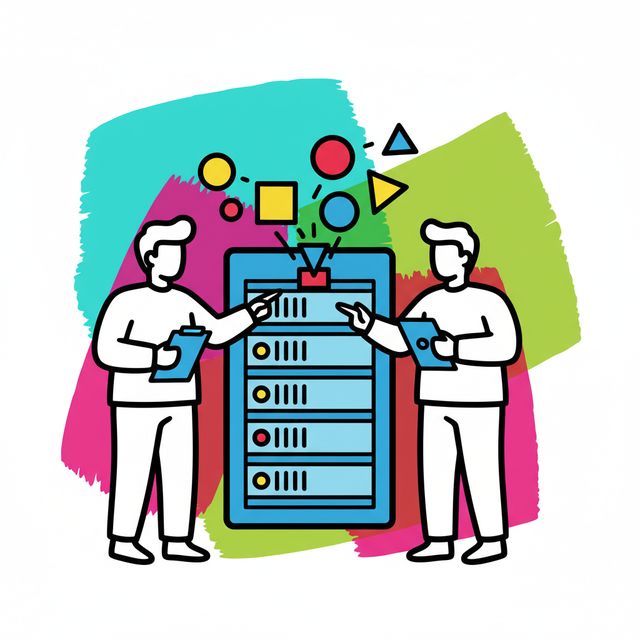Model Deployment
Model deployment is the process of making a trained machine learning model available for use by end users. This can involve deploying the model to a production environment, where it can be used to make predictions on new data, or it can involve deploying the model to a cloud platform, where it can be used to train new models or to serve predictions to end users.
Why Learn Model Deployment?
There are many reasons why you might want to learn about model deployment. First, model deployment is a critical step in the machine learning workflow. Without deploying your models, you cannot use them to make predictions on new data or to serve predictions to end users. Second, model deployment is a complex and challenging process. There are many factors to consider when deploying a model, such as the choice of deployment platform, the security of the deployment, and the performance of the deployed model. Third, model deployment is a rapidly evolving field. New technologies and techniques are emerging all the time, and it is important to stay up-to-date on the latest trends. By learning about model deployment, you can stay ahead of the curve and ensure that your models are deployed in the most effective and efficient way possible.
Skills and Knowledge Gained from Online Courses
There are many online courses that can teach you about model deployment. These courses can provide you with the skills and knowledge you need to deploy your models successfully. Some of the skills and knowledge you can gain from these courses include:
- An understanding of the different deployment platforms
- Knowledge of the security considerations involved in deploying models
- Experience with deploying models to production environments
- An understanding of the performance considerations involved in deploying models
- Knowledge of the latest trends in model deployment
Benefits of Learning Model Deployment
Learning about model deployment can provide you with a number of benefits. These benefits include:
- The ability to deploy your models successfully
- The ability to avoid the common pitfalls of model deployment
- The ability to stay up-to-date on the latest trends in model deployment
- The ability to use your models to make predictions on new data and to serve predictions to end users
- The ability to gain a competitive advantage in the job market
How Online Courses Can Help You Learn
Online courses can be a great way to learn about model deployment. These courses can provide you with the flexibility and convenience you need to learn at your own pace. They can also provide you with access to expert instructors who can help you understand the material. Additionally, online courses can provide you with hands-on experience with deploying models. This experience can help you to apply the skills and knowledge you learn in the classroom to real-world situations.
Are Online Courses Enough?
Online courses alone are not enough to fully understand model deployment. However, they can be a helpful learning tool to achieve a better understanding of it. By taking an online course, you can learn the basics of model deployment and gain experience with deploying models. This experience can help you to prepare for a career in machine learning or data science. However, it is important to note that you will likely need to supplement your online learning with additional resources, such as books, articles, and white papers.
Careers Associated with Model Deployment
There are many careers associated with model deployment. These careers include:
- Machine learning engineer
- Data scientist
- Software engineer
- DevOps engineer
- Cloud architect
These careers require a strong understanding of model deployment and the ability to apply this knowledge to real-world situations. By learning about model deployment, you can increase your chances of success in these careers.


